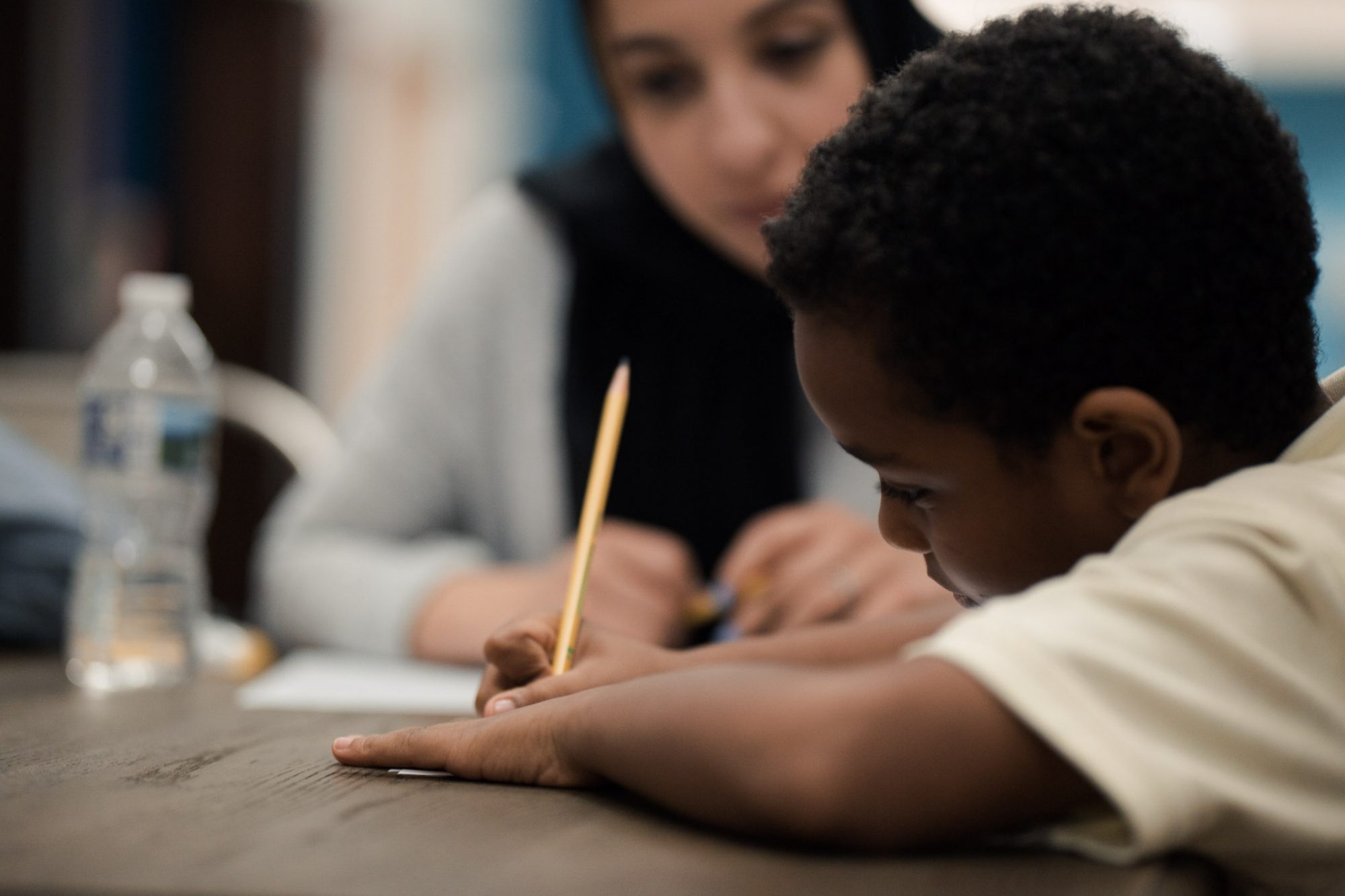This year, 826DC embarks on an exploration.
We’ve decided to focus the attention of our programs, staff, and young authors around a central guiding theme: PERCEPTION. As an organization, we’re taking a deeper look at ways of seeing and being seen. We’re asking tough questions about how we interpret the world, and how the world interprets us. Through writing prompts, discussions, and other activities, our young authors will further their understanding and generate rich responses to the theme.
These are just some of the questions we’re asking young authors to think about when we explore “Perception” in our After-School Writing Lab:
WHAT IS PERCEPTION?
HOW DO WE PERCEIVE THE WORLD AROUND US, USING OUR FIVE SENSES?
HOW DO WE TURN OUR OBSERVATIONS INTO WRITING?
WHAT ARE BARRIERS TO OUR PERCEPTION, VISUAL OR OTHER?
WHAT DO YOU HEAR/SEE/FEEL/TASTE/SMELL ON YOUR WAY TO 826DC?
HOW DO WE MAKE SENSE OF OUR PERCEPTIONS?
WHAT IS A MEMOIR?
HOW DO YOU DESCRIBE YOURSELF?
HOW DO OTHERS DESCRIBE YOU?
HOW DO PEOPLE DESCRIBE YOU WHEN THEY THINK YOU AREN’T LISTENING? HOW DO THEIR WORDS MAKE YOU FEEL?
From 826DC On-Site Programs Manager, D’Real Graham:
“This semester’s activities on Perception are designed to help students organize, identify, and interpret sensory information, and to give students a chance to consider how their five senses work in concert (and sometimes alone) to represent and understand information… Students will focus their attention on varied objects and subjects, however the primary purpose of each activity is to encourage participants to become aware of their perception of themselves, how they interact with the world, and how different environments respond to their actions/inactions.
“Not only do I want to know how students perceive the world, I want to know how they think they are perceived and how they want to be perceived… Like writing, perceiving is a process” says D’Real. He is hopeful that students will grow in their writing to become more aware of what they have in common with their peers, and how our backgrounds color our assumptions.
As always, we aim to challenge another assumption: that writing is hard, and hardly ever “fun.” Instead we hope to introduce students to the kind of limitless creativity that can (and should) be a part of their writing practice.
